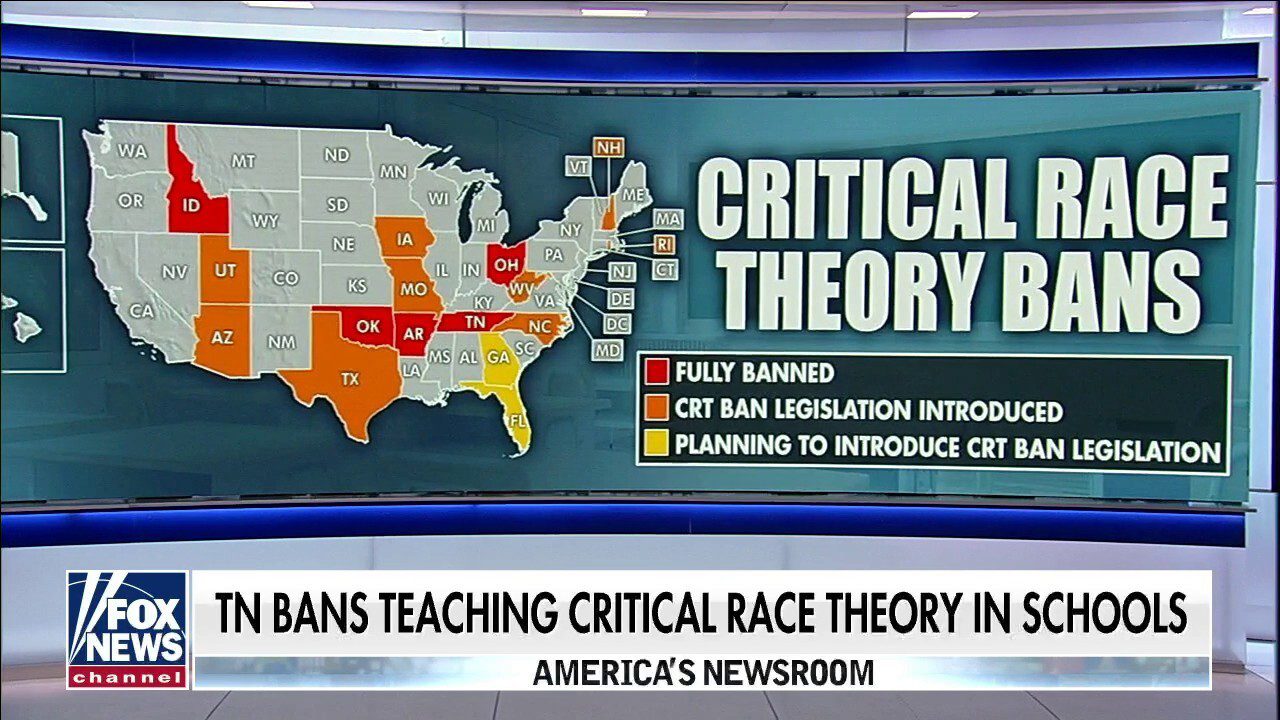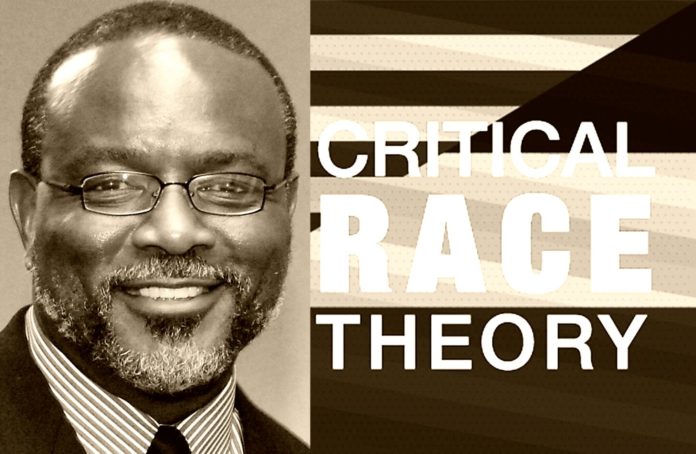by Curtis Weathers —
The newswire has been bursting at the seams lately with articles about critical race theory (CRT).
It seems as though there’s a new story or twist to this issue every week, and there’s always a new dimension to the CRT debate that intrigues me.
It’s been a while since I’ve shared my thoughts on this issue. But I’ve been waiting with bated breath for the fireworks to begin.
I’m sure the CRT watchdogs have their antennas up scanning the landscape looking for lawbreakers to prosecute. But honestly, I’m anxiously waiting for the instance in which our state (any state) tries to punish a teacher, school or district for violating these new CRT laws.

But let’s back up just a little bit and refresh our memories about what critical race theory is all about.
While this may seem like a recent issue, the literature on CRT is vast and deep.
Simply put, CRT promotes the notion that the United States is fundamentally or irredeemably sexist or racist and that an individual is inherently privileged, racist or sexist because of their race or gender.
Furthermore, CRT implies that American social institutions (i.e., the criminal justice system, housing market, education system, labor market, and healthcare system) have racism embedded in its regulations, procedures, rules, and laws that lead to differential outcomes by race.
In 2019, Nikole Hannah-Jones, in her New York Times piece, The 1619 Project, lit the fuse for this issue.
The 1619 Project seeks to put the history and effects of enslavement and Black Americans’ contributions to democratic reforms at the center of American history.
Unfortunately, since its release, conservative politicians across the country have used it as a wedge issue to divide their communities and drum up support for political campaigns at local, state and national levels.
As an educator, I cannot remember a time recently when education or a topic with such educational implications has been such a polarizing issue – well, maybe the Common Core debate.
But in the past, education was mostly a bipartisan affair at the national level. There were gentlemen’s agreement about the need to improve schools for children from low-income families through new standards, stricter accountability measures and expanded choice.
In recent years, however, that kind of alignment between parties started to unravel.
The Trump administration can certainly take credit for much of the undoing.
One recent poll (PIE Networks & QUAL Research) found that 42 percent of white voters believe that there is too much focus on “issues related to race and racism.”
That compares to just 7 percent of Black voters, who believe there is not enough focus on such issues.
Asian-American and Hispanic voters were somewhere in between.

In May, Tennessee Gov. Bill Lee signed legislation restricting what public school teachers can discuss in Tennessee classrooms about racism, white privilege and unconscious bias.
Just last month, the state legislature strengthened parts of the bill that dealt with the financial penalties against large school districts that violated the new law.
In Mississippi, Gov. Tate Reeves is calling for a ban on critical race theory, even though there is no evidence that it is being taught in Mississippi public schools.
In a statement from the Mississippi Department of Education, they confirm, “CRT is not part of the state’s academic standards. We do not have evidence that it is being taught in Mississippi public schools.”
Lawmakers in Arkansas say that teaching CRT in public schools is “unconstitutional” and are threatening school systems and educators with legal action if caught teaching it in classrooms.
A new law, Act 684, even allows parents to request school officials not to teach certain instructional materials to their children.
CRT has become the new boogie man for right-wing organizations like The Heritage Foundation and media outlets like Fox News.
The Heritage Foundation has attributed a host of issues to CRT, including the Black Lives Matter movement, LGBTQ organizations in schools and diversity training in federal agencies (which they somehow see as divisive).
“When followed to its logical conclusion, CRT is destructive and rejects the fundamental ideas on which our constitutional republic is based,” says The Heritage Foundation.
All of this would be laughable if it weren’t so serious.
Many think this issue is simply impossible to enforce. It is challenging, to say the least, to police what goes on inside hundreds of thousands of classrooms.
But many educators fear that such laws could have a chilling effect on teachers who might self-censor their lessons out of concern for student, parent, or administrator complaints.
Indeed, many of them are struggling to teach topics like the American Civil War or the Civil Rights Movement or use any text by an African- American author because many of them teach or write about racism to various extents.
Some teachers have made it clear, however, that they have no intentions of playing by rules. They vehemently disagree with the direction this issue is headed and the negative impact it can have on teaching and learning in the classroom.
When it’s all said and done, people are simply pushing for this nation to reflect its true ideals. The only way this can properly occur is by acknowledging the systemic barriers that prevent us from getting there.
Systemic racism is not simply a thing of the past. It is up close and personal, and people of color contend with its implications on a daily basis.
This issue may slow or disfigure the teaching and learning of Black history for a while, but I can assure you, educators who care will find a way.
(Follow TSD education columnist Curtis Weathers on Twitter (@curtisweathers); email: curtislweathers@gmail.com.)



